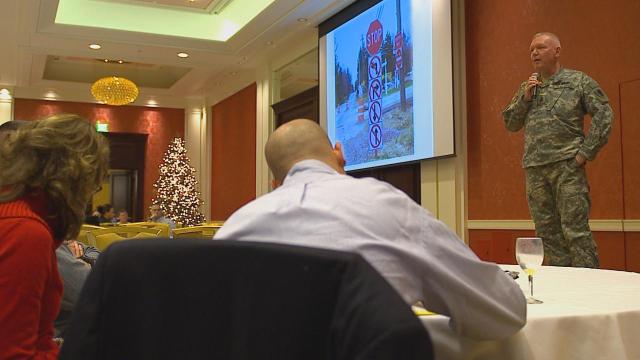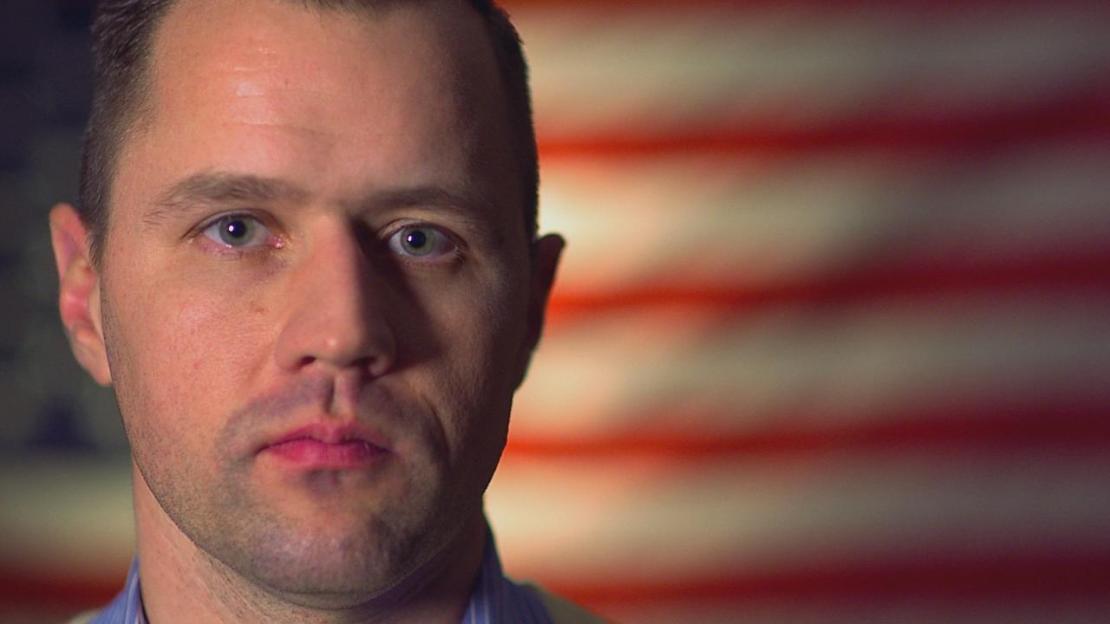Tab Bamford, November 9, 2013
War changes people.
It?s an unfortunate truth that families of deployed service men and women have to deal with. Whether it?s a submarine officer under water for six weeks or a marine overseas for 12 months, often times the soldier who left home does not resemble the one who returns, in the same way families change and adapt without that person in their day-to-day lives.
Sometimes coming home can be more difficult than going to war, for all parties involved.
Professor Adrian Blow, a family and marriage therapist and Associate Professor at Michigan State, has been working with Star Behavioral Health Providers to develop resources for returning soldiers.
?There is a portion of soldiers that come home with things like post-traumatic stress disorder, depression or anxiety,? said Professor Blow. ?We need providers who are sensitive to the military and to military culture.?
Star Behavioral Health Providers is training 1,000 licensed counselors in Michigan to work with the military and deal with issues soldiers and their families face when our men and women return home. They are also developing an online registry to connect veterans and their families with the help they need, when they need it.
Professor Blow is leading a research study, funded by a $1.3 million grant from the Department of Defense. He and his team hope to better understand the struggles experienced by military families, in order to help them cope and adjust.
?For the next 3 years, we?re going to follow 400 or so families over the course of the deployment,? Blow said. ?We?ll use the information to form intervention programs.?
Click here for more information about Star Behavioral Health Providers.
If you're interested in helping veterans, contact your local USO office or visit www.USO.org.








 See what's coming up live on B1G+ every day of the season at BigTenPlus.com.
See what's coming up live on B1G+ every day of the season at BigTenPlus.com. 